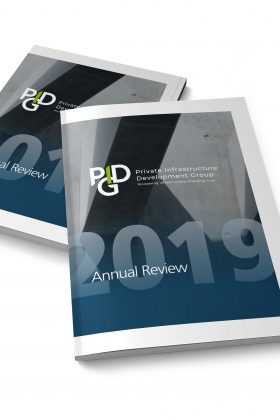Our impact
Infrastructure is fundamental to progress. PIDG works across the spectrum of the infrastructure development process based on local market needs, catalysing private sector participation and creating development impact.
It might be the power that allows people to use an electric stove instead of charcoal – or the power that provides access to the internet and allows communities to school their children. It could be the roads and ferries that get local farmers and their produce to market – or the clean water that keeps them and their families healthy. All of these things are enabled by infrastructure.
PIDG operates in the poorest and most fragile countries, where 2 billion people live on less than $3.20 per day, and 753m people live on less than $1.90 per day. In these countries, 1.1 billion people lack access to electricity, 2.4 billion people lack access to basic sanitation and almost 800 million people lack access to clean water. In some of the African countries where PIDG operates, infrastructure constraints are estimated to cut productivity by around 40%, severely affecting competitiveness and limiting opportunities for people to have jobs to lift them out of poverty.
It is in all of our interests to leave no one behind and to ensure a fair opportunity for all, now and for the future. Our projects are chosen to maximise development impact. In selecting our projects, we consider a range of indicators, including those reflecting different aspects of inclusion, such as infrastructure service access; employment creation; export-earning potential; climate change, gender and disability. Whilst not all of these factors will be present in each and every project, on a portfolio basis they should be represented in depth.
What PIDG does matters. PIDG changes lives.
Meeting the SDGs

Investment in, implementation of, and provision of financing or support to infrastructure is critical to achievement of the SDGs. Our strategy contributes to this in several ways.
Meeting the SDGsPIDG in action: 209 million people worldwide with improved access to infrastructure since 2002
2002
PIDG established to address a series of market failures
$3.6bn
committed to infrastructure projects
>$3bn
PIDG funding base
$33.2bn
mobilised from Private Sector Investors and DFIs since 2002
50%
commitments in FCAS
40+ countries
have PIDG supported projects
157 projects
have reached financial close
209m
people with access to new or improved infrastructure
49%
commitments support energy projects
250,000
long-term jobs created
94
projects have become commercially operational
100%
support to energy projects in 2018 to renewable energy
Where we operate

We operate at the frontier where other organisations cannot or will not yet go. We focus on frontier markets, with our focus predominantly on sub-Saharan Africa and south and south-east Asia.
Where we operateResults Monitoring Database

The PIDG Results Monitoring Database is an online information source that provides the user with quick access to up-to-date predicted and actual development impact data from every PIDG-supported project.
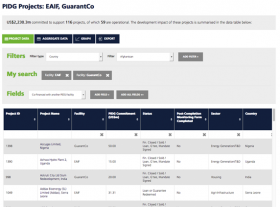
It has advanced functions for selecting and aggregating data, performing customised queries, downloading data and creating graphs. The data is updated quarterly, sixty days after quarter end.
Our projects: Making an impact throughout our regions
View all-
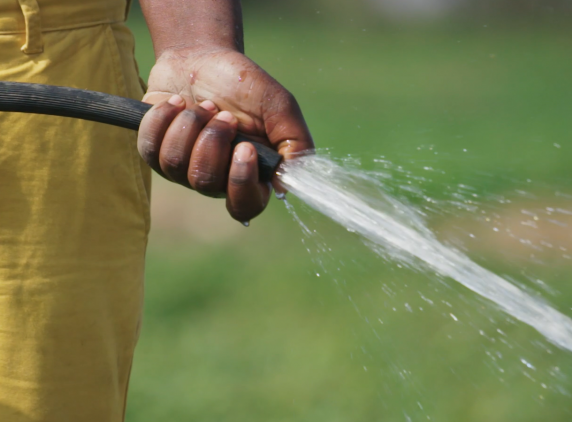
Senegal
Bonergie solar powered irrigation, Senegal
Boosting agricultural productivity in rural Senegal
-
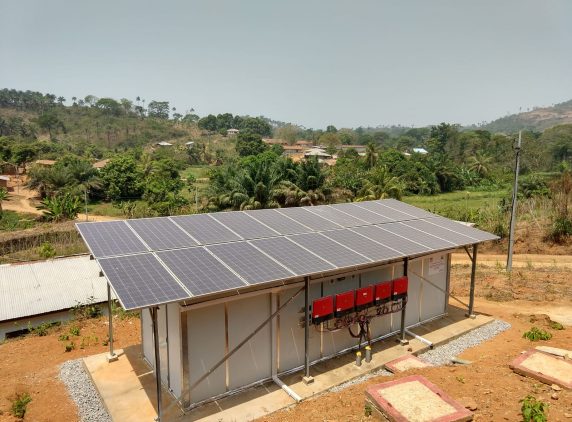
Sierra Leone
Sierra Leone mini-grid project
Transforming energy access in rural Sierra Leone
-
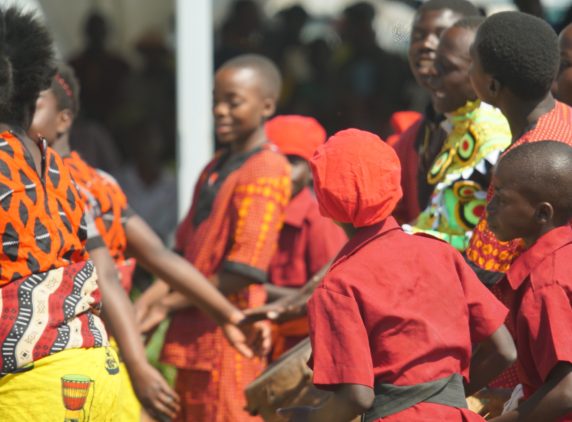
Zambia
Chiansi irrigation project
Chiansi irrigation project starts construction
-
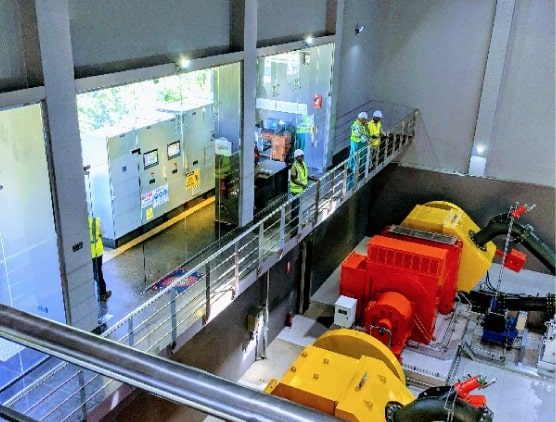
Uganda
Lubilia Kawembe hydro - Uganda
In 2016, the Emerging Africa Infrastructure Fund (EAIF) has participated in the financing of a project to develop and construct a 5.4MW run-of-the-river hydropower project in Uganda.
-

Myanmar
Hybrid rice seed
Combining industry-leading technology with proven best business practices to maximise returns for farmers
-
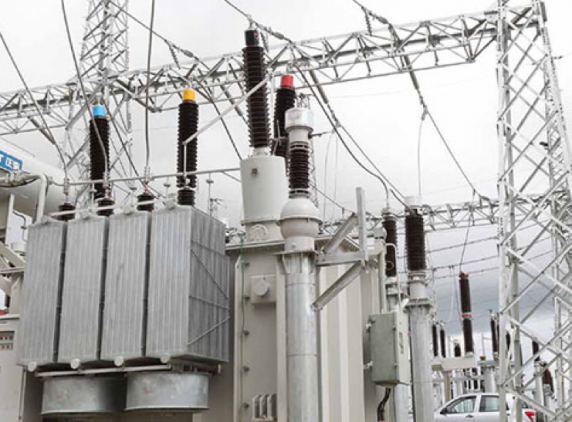
Kenya
Kenya power and lighting
Kenya Power and Lighting Company was able to invest US$150 million upgrading, extending and maintaining its electricity transmission and distribution system.
-
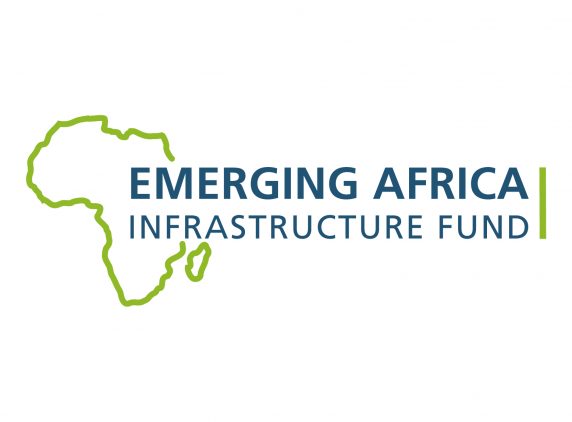
Nigeria
Indorama fertiliser plant - Nigeria
The Emerging Africa Infrastructure Fund (EAIF), achieved the financial close of its 11-year US$35 million loan to Indorama Eleme Fertilizer & Chemicals Ltd (IEFCL) in August 2018.
-

Mozambique
CTRG power plant, Mozambique
One of Mozambique's newest and strategically most important power stations has been refinanced with the support of the Emerging Africa Infrastructure Fund (EAIF).

